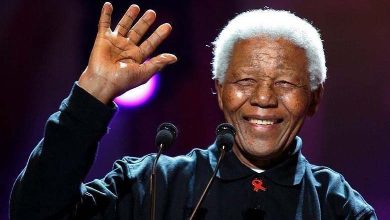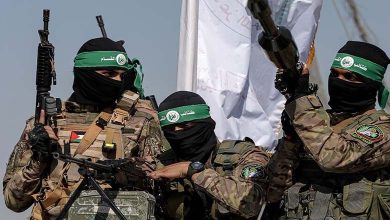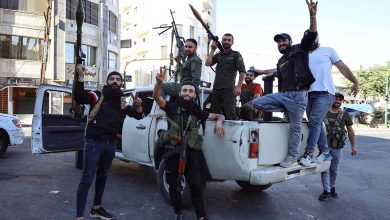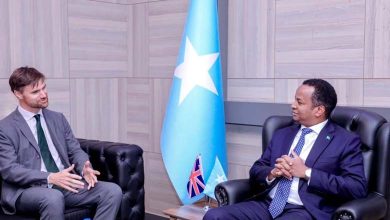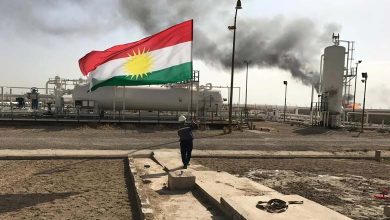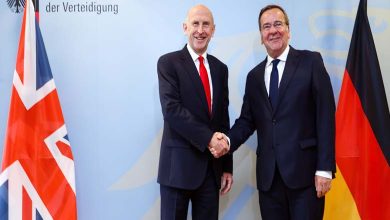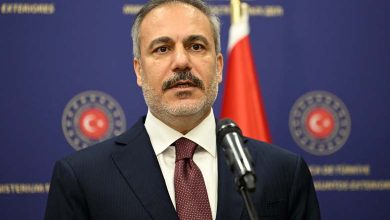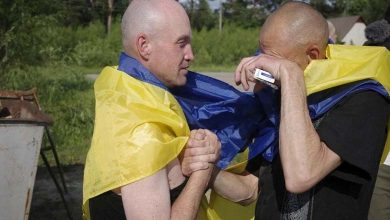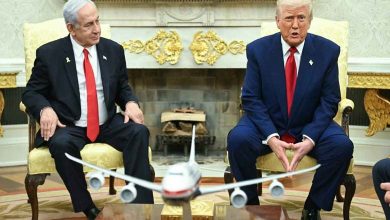From Cairo to New York: Intensive Political Moves to Resolve the Sudanese Crisis
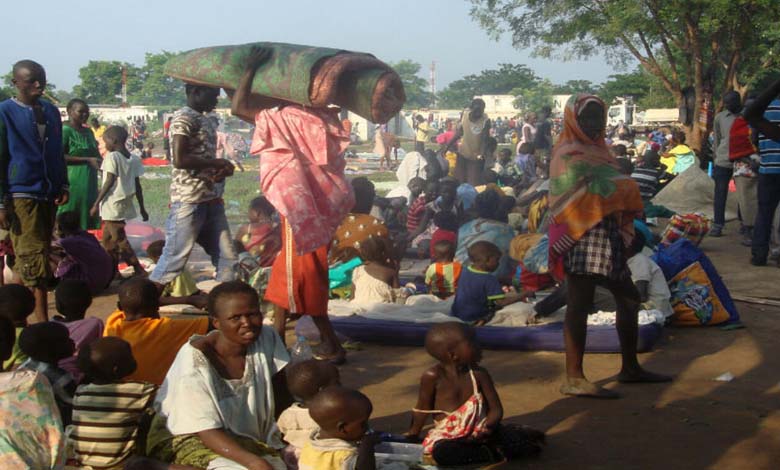
The people of Sudan yearn for medicine, security, and a political solution to the conflict that has been ongoing for 8 months, but the intense political movements these days have not achieved the goal.
A politically and militarily complex context surrounds the crisis, raising many concerns about the country’s future if a political solution does not land on the ground in the near future.
In this context, the United Nations Security Council holds a special session today, Thursday, to discuss the Sudanese war that erupted since April 15th and its humanitarian and political repercussions.
The Security Council session begins at 3:00 PM New York time, discussing the agenda, followed by presentations of reports by the Secretary-General of the United Nations, Antonio Guterres, on the situations in Sudan and South Sudan.
Regarding Sudan, the Council discusses the Secretary-General’s report on the situation in the country and the activities of the UN Integrated Transition Assistance Mission in Sudan.
This comes after the visit of the Sudanese Sovereignty Council President, Abdel Fattah Al-Burhan, to the Ethiopian capital Addis Ababa, the first of its kind since the outbreak of the situation in Sudan.
According to the Sovereignty Council, Al-Burhan and Ethiopian Prime Minister Abiy Ahmed held talks, addressing bilateral relations, their support and development, and the developments in Sudan amid the crisis.
The Sovereignty Council statement said that “the talks discussed the repercussions of the crisis witnessed in Sudan due to the Rapid Support Forces rebellion,” holding it responsible for “committing serious and wide violations against citizens and the systematic destruction of the Sudanese state and the sabotage and destruction of the country’s infrastructure.”
According to the statement, Al-Burhan briefed the Ethiopian Prime Minister on the efforts made by the Sudanese government to stop the ceasefire and end the war and bring peace to Sudan.
In addition, the Transitional Sovereignty Council President received Moussa Faki, the Chairman of the African Union Commission, at his residence in Addis Ababa on Thursday. The meeting addressed the situation in Sudan and the efforts made to resolve the Sudanese crisis.
In this context, Al-Burhan affirmed the government’s determination and cooperation with all proposed initiatives to address this issue, which he identified with the “Rapid Support Forces rebellion,” expressing his welcome to the efforts undertaken by Saudi Arabia and the United States through the Jeddah platform to find a solution to the crisis, as well as the efforts of the African Union and IGAD.
Jeddah Negotiations
On October 25th last, the conflicting parties, the army and the Rapid Support Forces, resumed talks in Jeddah after a three-month suspension. However, they have not made a significant breakthrough yet towards a ceasefire.
The two sides signed a commitment document pledging to ensure the safety of humanitarian aid and workers and agreed to form a joint body for humanitarian issues led by the United Nations Office for the Coordination of Humanitarian Affairs (OCHA), aiming to remove obstacles hindering the flow of humanitarian assistance.
To Cairo, where the executive office meetings of the Forces for Freedom and Change have been taking place since Wednesday, continuing for three days, to discuss “political and organizational files, humanitarian situations, and issues of violations resulting from the ongoing conflict in the country.”
In the opening session yesterday, leader Sadiq al-Mahdi called on the warring parties to “negotiate with goodwill, sincerity, and responsibility to end the suffering of the Sudanese people and put an end to the catastrophic war that has destroyed the country.”
Mahdi stated that “the roadmap for Sudan’s future is based on a single professional and national army, carrying out its tasks and duties according to the provisions of the constitution, subject to civilian authority, and the formation of transitional civilian rule institutions in which all revolutionary and transitional forces participate, and only isolating (the ousted National Congress Party) and its affiliates, led by (the Islamic Movement), and those inciting war.”
On the Ground
On the military front, with the start of the eighth month of the fighting, yesterday, gains achieved by the Rapid Support Forces in the west and south of Sudan broke a deadlock on the ground that had lasted for months, reinforcing the ambitions of the quasi-military forces and giving them a strong position in the talks held in Jeddah.
The Rapid Support Forces state that they are advancing and engaging in clashes in the densely populated Fashir, the capital of North Darfur state, as well as around army bases in Khartoum. They pledged to reach Port Sudan on the country’s eastern coast, which government officials and international missions have adopted as a headquarters.
However, the dominance of the Rapid Support Forces over the Darfur region, from which its strength originated, and the progress it made in other areas extending east towards the capital Khartoum, raises speculation about the possibility of Sudan facing another division 12 years after the secession of South Sudan, according to Reuters.
The war between the army and the Rapid Support Forces, with most of the infrastructure destroyed, has caused more than 4.8 million people to be displaced inside Sudan and 1.2 million to neighboring countries, according to the UN High Commissioner for Refugees.


